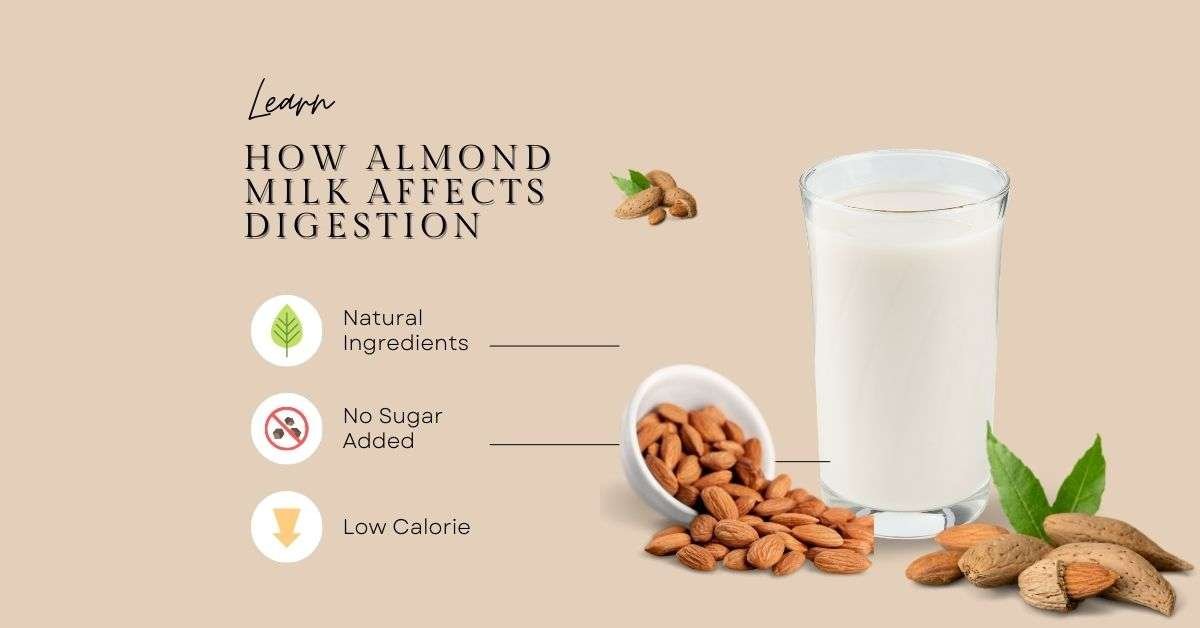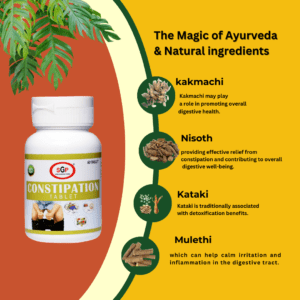
The Almond Milk Debate: Can It Really Cause Constipation? Let’s Find Out

Can almond milk cause constipation?
Almond milk itself is not a direct cause of constipation. However, factors such as lack of fiber, added thickeners, and individual sensitivities can contribute to digestive issues like constipation.
Why does almond milk sometimes lead to digestive discomfort?
Some commercial almond milk brands contain additives like carrageenan, which can cause gastrointestinal discomfort in sensitive individuals. Additionally, low fiber content in almond milk can contribute to constipation if not balanced with other fiber-rich foods.
How can I prevent constipation when drinking almond milk?
To prevent constipation, choose unsweetened almond milk with minimal additives, increase your dietary fiber intake from other sources, stay hydrated, and monitor your portion sizes.
Are there any specific additives in almond milk that can cause constipation?
es, additives such as carrageenan, often used as a thickener in almond milk, can cause digestive issues including constipation in some people. It’s important to read labels and choose products without such additives.
Is it safe to drink almond milk every day?
es, it is generally safe to drink almond milk every day, but it’s important to balance it with a fiber-rich diet and ensure you choose high-quality almond milk without harmful additives. If you experience digestive issues, consider moderating your intake and consulting a healthcare professional.

